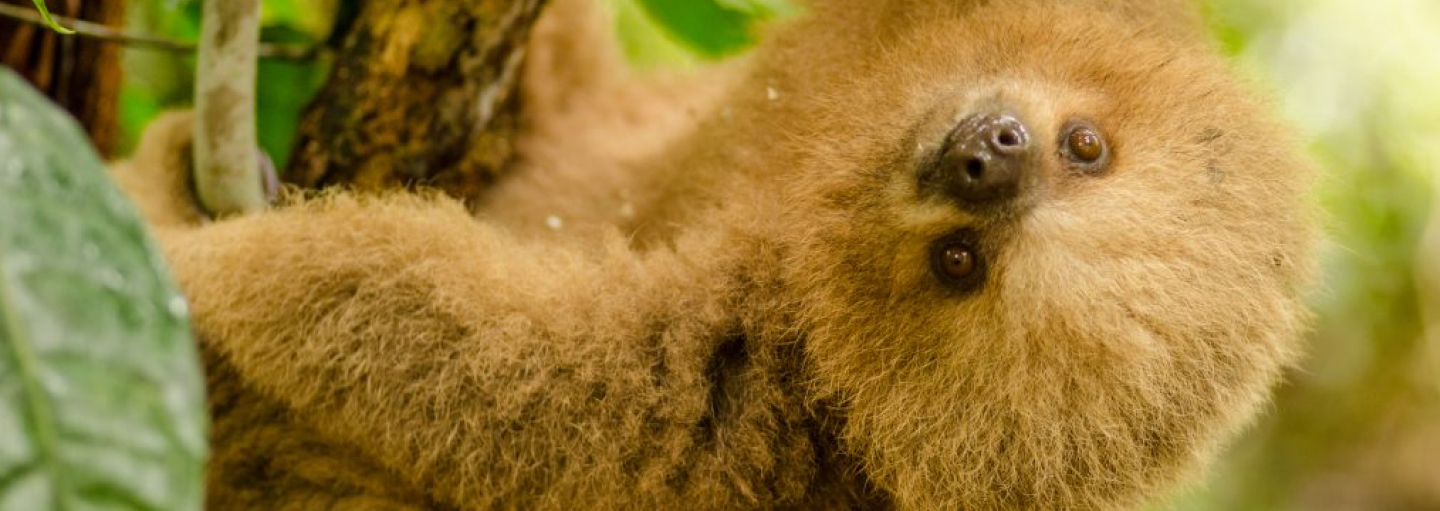NCI Helps Expand Río Nea Municipal Reserve
03/01/2011
 March, 2011 | Nature and Culture International has purchased a well-preserved 700 acre property in the Rio Nea area of Zamora County, enlarging a key municipal reserve that protects a highly biodiverse buffer zone of the Podocarpus National Park. The property’s unique cloud forest ecosystems in the Upper Amazon basin include the headwaters of the Nea River, which is the source of water for 10,000 people in the city of Zamora and surrounding towns. The acquistion was made possible thanks to funding support from the World Land Trust and the Municipality of Zamora.
March, 2011 | Nature and Culture International has purchased a well-preserved 700 acre property in the Rio Nea area of Zamora County, enlarging a key municipal reserve that protects a highly biodiverse buffer zone of the Podocarpus National Park. The property’s unique cloud forest ecosystems in the Upper Amazon basin include the headwaters of the Nea River, which is the source of water for 10,000 people in the city of Zamora and surrounding towns. The acquistion was made possible thanks to funding support from the World Land Trust and the Municipality of Zamora.
The property will be transferred to FORAGUA – the Southern Ecuador Regional Water Trust Fund, which was initiated by NCI to preserve watersheds and biodiversity in southern Ecuador. This will secure its long term management and conservation through environmental fees collected by the Municipality of Zamora. The municipality began to implement this payment for environmental services system in 2010 where its residents pay a tax to conserve and manage watersheds, and the local government expects to collect around US $15,000 per year.
The Río Nea property is a key piece of the ecological cloud forest corridor that connects three of the world’s highest priority ecosystems; the Tumbesian Dry, Andean, and Upper Amazonian forests of Ecuador. An outstanding diversity and endemism in several families of flowering plants and ferns can be found here. Epiphytes are especially abundant within the canopy of the area’s 130-foot trees, and scientists in the region have registered more than 100 species of epiphytes in a single tree (Gradstein, 2008), most of them orchids restricted to this kind of habitat. Also, this property is home to such attractive mammal species as the spectacled bear, mountain tapir, ocelot, puma, dwarf deer, woolly monkey and many rare bird species, including the Andean cock-of-the-rock (Rupicola peruviana), White breasted parakeet (Pyrrhura albipectus), Coopery chested jacamar (Galbula pastazae) and more than 30 hummingbird species.
This project will also have a broad educational impact. By reinforcing public perceptions of the importance of conserving forests and demonstrating the importance of ecosystem services in the most direct possible way, the project will help to build and strengthen a conservation ethic in the region. The project could also potentially be highly catalytic, resulting in the conservation of forests in multiple watersheds, which could lead to significant and sustained benefits for the Podocarpus-El Cóndor Biosphere Reserve.


